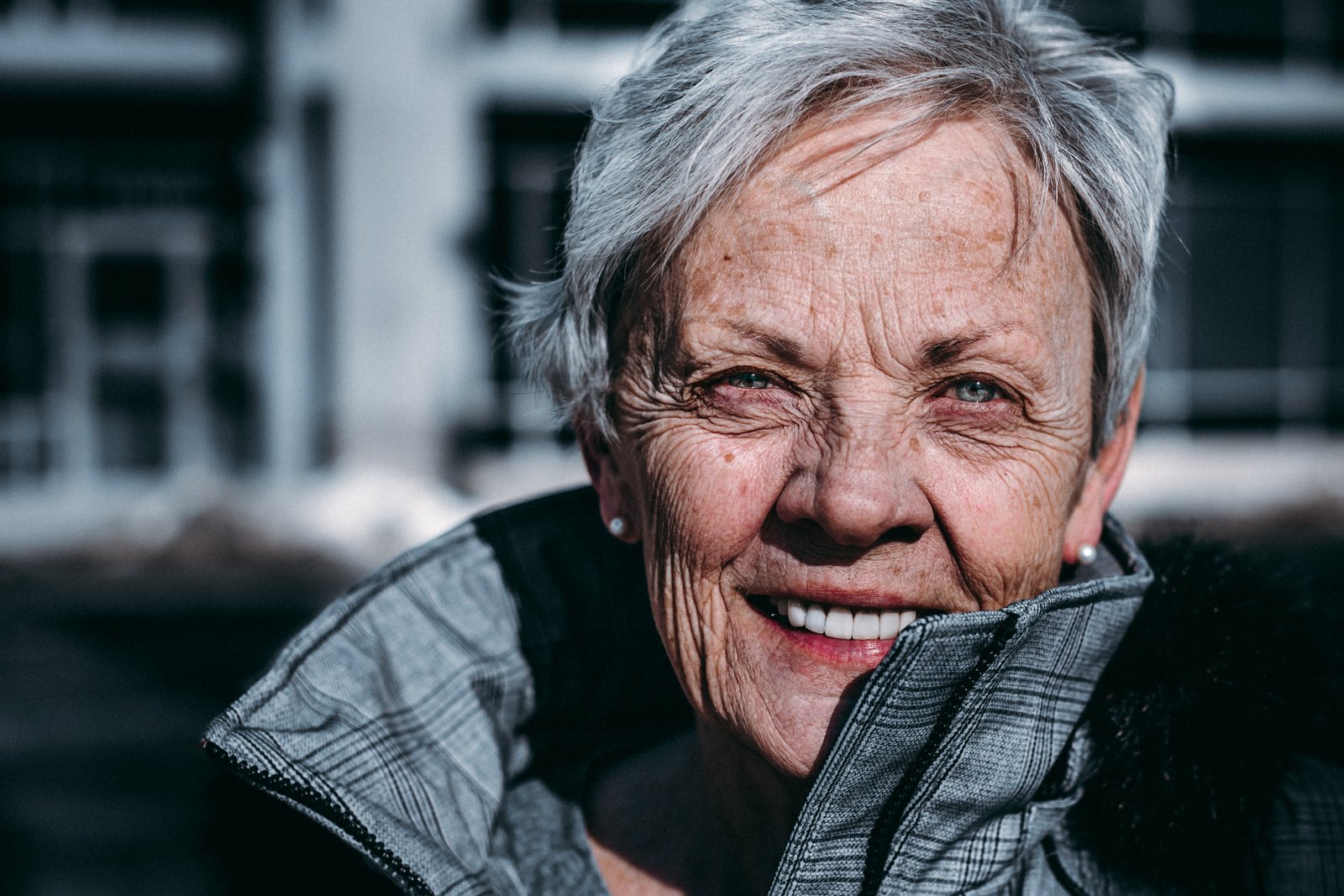Recent research published in the International Journal of Oncology has found Cytotoxic effects of ultra-diluted remedies on breast cancer cells.
Research states:
“We studied four ultra-diluted remedies (Carcinosin, Phytolacca, Conium and Thuja) against two human breast adenocarcinoma cell lines (MCF-7 and MDA-MB-231) and a cell line derived from immortalized normal human mammary epithelial cells (HMLE). The remedies exerted preferential cytotoxic effects against the two breast cancer cell lines, causing cell cycle delay/arrest and apoptosis. These effects were accompanied by altered expression of the cell cycle regulatory proteins….. The findings demonstrate biological activity of these natural products when presented at ultra-diluted doses. Further in-depth studies with additional cell lines and animal models are warranted to explore the clinical applicability of these agents.”
Read the abstract in full on International Journal of Oncology website.
Research on Homeopathic remedies to alleviate effects of cancer treatment from 2009:
In April 2009 the Cochrane Collaboration found that effects of radiotherapy and chemontherapy in cancer treatment could be alleviated using Homeopathy.
Some homeopathic medicines may ease the side-effects of cancer treatments without interfering in how they work, a scientific review has concluded.
The Cochrane Collaboration said, while there were few studies, it did appear that some effects of radiotherapy and chemotherapy could be alleviated. It highlighted in particular calendula to prevent dermatitis, and what is known as Traummel S for mouth sores.
But it said further work was needed to confirm these findings.
Eight studies with a total of 664 participants were considered by the group, led by Dr Sosie Kassab, a specialist in complementary cancer therapies at the Royal London Homeopathic Hospital. Three studies looked at preparations to counter the skin reactions of radiotherapy, but only one was deemed to be high quality. This, from France, suggested that calendula – from marigolds – reduced acute dermatitis in breast cancer patients more effectively than the more conventional treatment trolamine. It involved 254 patients.
No interference
One of three studies on treating the side-effects of chemotherapy was deemed high quality.
This found that Traumeel S, a mixture which includes belladonna, arnica, St John’s wort and echinacea, was effective in reducing stomatisis – painful mouth sores – when used as a mouthwash.
Two other studies of homeopathic treatments on menopausal symptoms brought on by cancer treatments were declared to be of high quality but did not provide any evidence that the treatments worked.
There was no evidence to show that any of these treatments interfered with cancer therapies, and indeed one study showed that radiotherapy was less frequently interrupted in the group receiving homeopathic care.
But the Cochrane team acknowledged: “The review found few studies, and most were small.”





